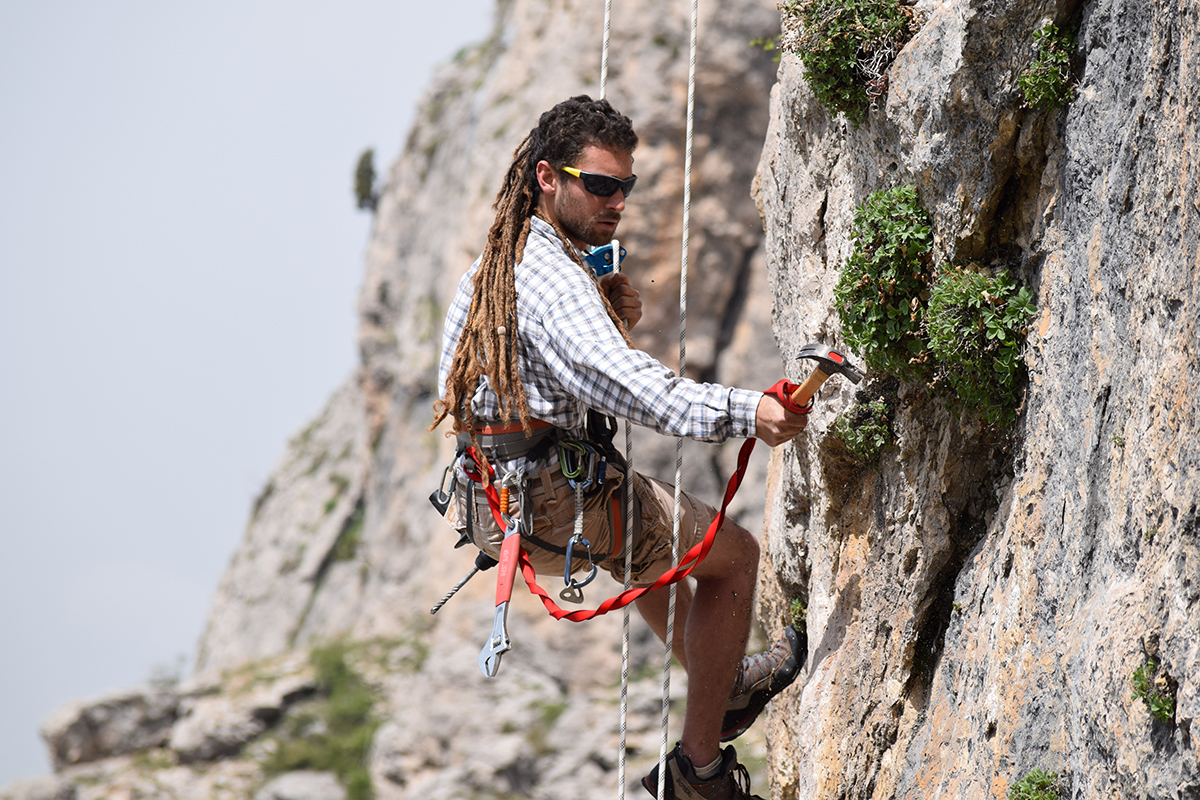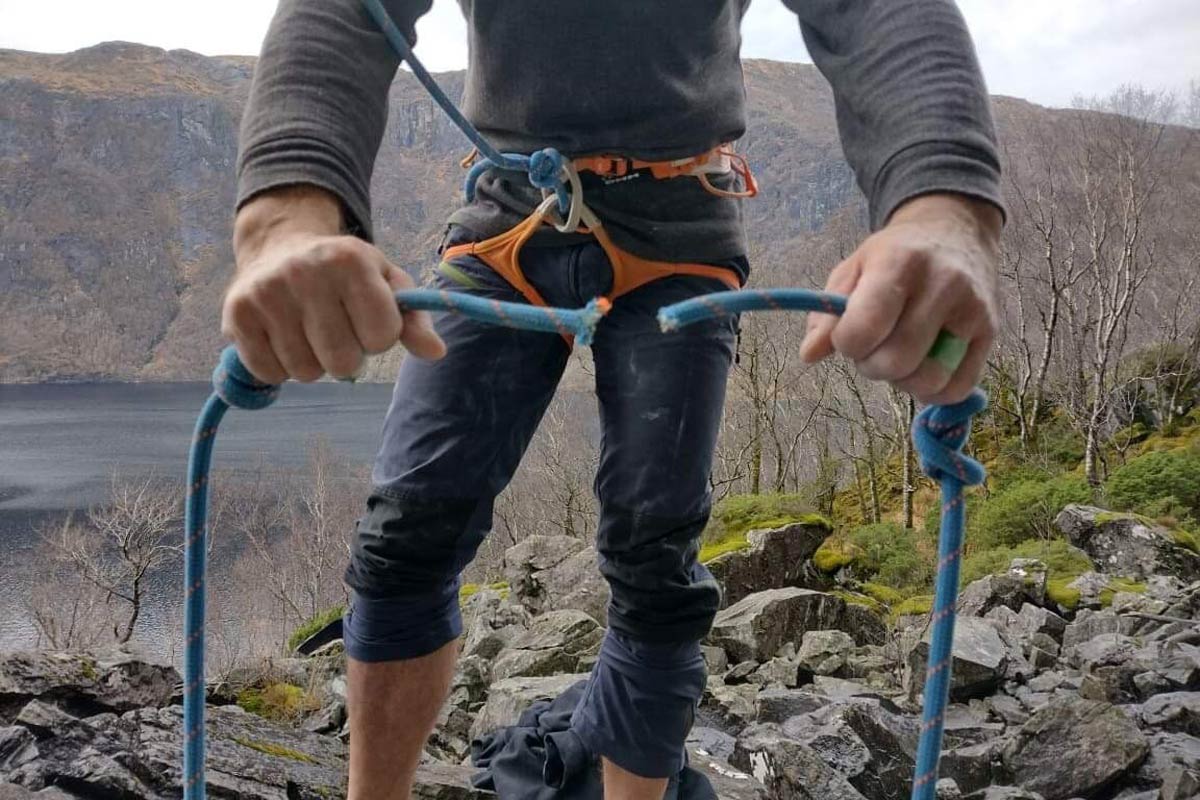Mount Zayan:
Environmental education and accessible trails for eco-tourists
Project Status: January 2016 – present
Location: Lebanon
GOALS AND OBJECTIVES
- Making the environmental resources of the area such as hiking trails and climbing areas attractive and accessible for more eco-tourists and athletes.
- Promoting sustainable activities such as birdwatching, animal print identification, gardening, tree planting.
- Educating tourists on the importance of ecosystem conservation, and bio-remediation.
- Boosting rural development by showcasing local talent and handicraft.
- Organizing fun events to draw more people together for common environmental causes.
- Inspiring developers to establish new climbing routes and ski lines in the area.
HOW DOES THE PROJECT CONTRIBUTE TO MOUNTAIN PROTECTION?
Projects like the one help deter real estate developers from turning mountain havens into resorts and housing complexes.
This is a real threat to the Lebanese mountain range with more and more villages becoming hubs for wealthy tourists who want a “luxury” vacation.
To combat this mentality, Mount Zayan works with local municipalities, presenting alternative development strategies for respective areas by implementing new hiking trails to preserve protected land, info booths, and public rest areas.
This has become increasingly difficult as opposition to major contracting companies is more and more a political battle. We believe that with the help of UIAA, what little is left of Lebanons mountains could remain untouched by industry; thus protecting the native flora and fauna, and encouraging locals to stand their ground and not abandon their centuries-old mountain practices and legacy.
BENEFITS FOR LOCAL COMMUNITIES
All supplies bought, including bread, milk, cheeses, jams, honeys, meats, fish, nuts, fruits, and vegetables are produced locally. The producers come from a variety of backgrounds and are thus fully integrated in the backbone of the Lebanese Mountainous communities.
Municipal meetings are held to tackle and regulate social and environmental issues such as quarrying. Youth groups meet and attract companies like Red Bull and other sponsors to organize events that include mountain sports and games, and feature music by local artist.
Local restaurants are commissioned for catering purposes when necessary.
Local farmers and agricultural experts are collaborated to train individuals new to farming, beekeeping, raising chickens etc…
Also youth groups from the surrounding villages are recruited and trained to be guides in their respective regions.
WORKING WITH VISITORS
Clients and visitors are not only afforded ample opportunity to summit, ski and have a trip of a lifetime. They are educated and encouraged to continue the education regarding the “leave no trace” approach to mountaineering. Visitors are mandated to pick up their trash as well as learn the harmful effects of environmental pollutants such as pesticides, smoke from combustion engines, and ground water contamination.
Also, regular relevant first aid lectures by trained professionals are held to minimize harm in case of an accident.
Additionally, visitors are afforded countless opportunities to enhance stewardship such as:
- Fruit picking which includes sessions on fruit tree care.
- Hiking trail construction and maintenance.
- Wildlife habitat location and lifestyle appreciation.
- Planting of local trees and herbs.
- Establishing new climbing routes.
- Integration into local rural communities and employing their services.
PROJECT MANAGEMENT
Due to the versatility and nature of the project, no staff is needed expect on occasions. Often volunteers are recruited for non-specialized tasks. These volunteers acquire valuable experience and a sense of accomplishment and involvement.
For more specialized tasks, individuals trained in first aid, public speech, legislative employment, technical rescue, and guiding are recruited.
The association as of yet is not equipped for nor responsible for any training of personnel.
Small scale projects are self funded by donations and fund-raising events such as garbage clean up or home-made craft sale.
Larger projects rely on support from local NGO and municipalities.




